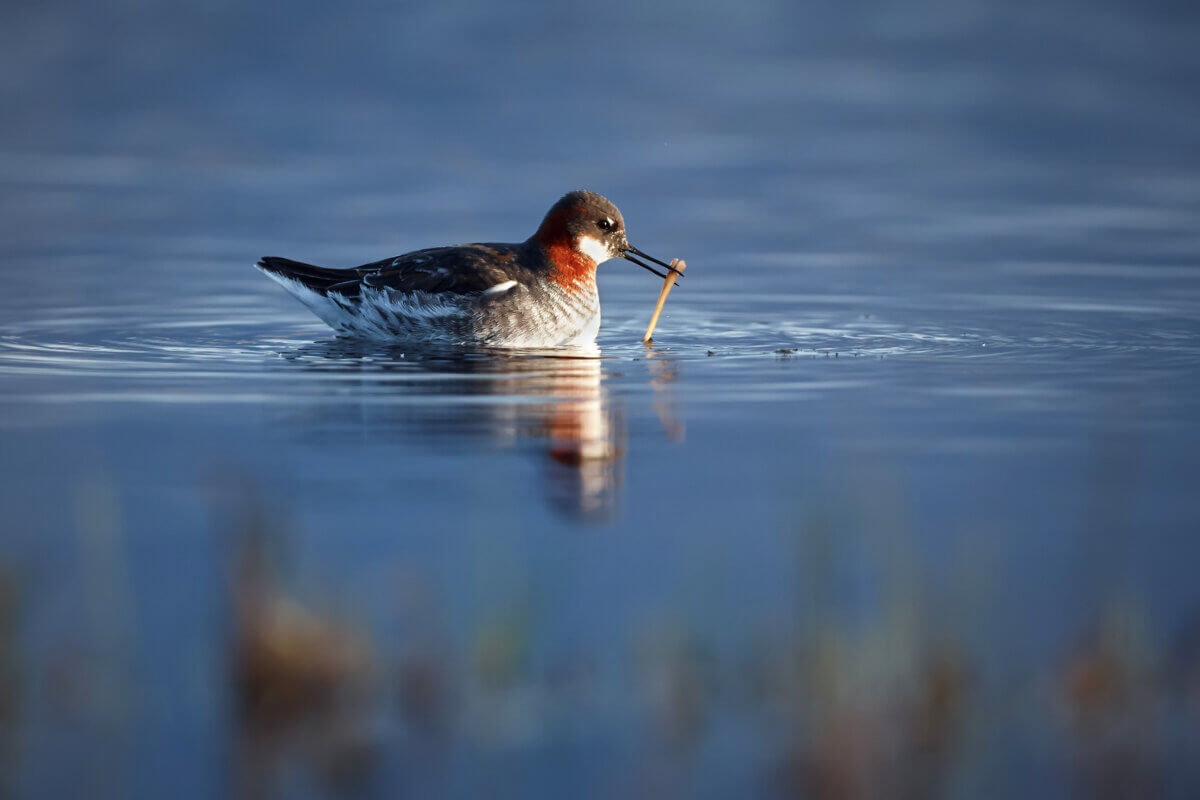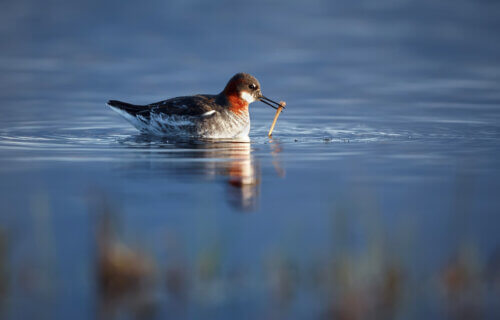BATH, United Kingdom — Having a polygamous relationship is better for survival — at least when it comes to birds. Birds with multiple sexual partners are more likely to have offspring to continue their lineage because their babies carry fewer harmful mutations, according to researchers from the University of Bath. The findings support the idea of polygamous relationships as an evolutionary adaptation for wild animal species.
Not all birds are polygamous, the team notes. Some species choose to stick with one mate every breeding season. Others like swans or geese choose one partner for life. The biologists in the current study focused on birds who prefer open relationships since it’s been unclear why they adopted a different mating strategy from other bird species.
One theory is that polygamous relationships offer up a more diverse gene pool, allowing for offspring that would be more adept at surviving and procreating themselves. The study authors studied the DNA of 150 bird species from all over the world. Six species, including the red-necked phalaropes, had their DNA sequenced for the first time. The team counted the differences in genes inherited from the bird’s mother versus their father. This allowed the team to estimate how much genetic diversity was in each species. Another focus was how many gene mutations were present in each species and whether these mutations were harmful. For example, some gene mutations can rewrite the sequence for proteins, changing their function.

Do birds in open relationships really have more diverse genes?
Polygamous birds did not show much difference in diversity compared to monogamous birds, an observation the team did not expect. There were a small number of species with polygamous females that did increase genetic diversity.
“I had a hypothesis that in polygamous species, where individuals can’t easily find a mate and have to travel further to find a breeding partner, that this would mean that there would be more genetic diversity in these species,” says senior author Araxi Urrutia, a senior lecturer at Bath’s Milner Centre for Evolution, in a university release. “However, we were surprised to find there was no evidence for this.”
The benefit of pursuing multiple partners seems to be the protection against damaging mutations. The study authors found that polygamous species had significantly fewer harmful mutations that disrupted protein sequences.
“Species evolve through natural selection, where harmful mutations are removed from the population in the long term because individuals with the mutation don’t survive long enough to breed, or individuals with beneficial adaptations survive for longer,” explains lead study author Kee Wanders, a PhD student at the University of Bath’s Department of Life Sciences. “However, species also evolve through sexual selection, where evolution is shaped by individuals competing for access to mates, so that only the most desirable characteristics are successfully passed down to offspring.”
While polygamy became an evolutionary adaptation for some bird species, there are still collective behaviors shared by most avians. One is that most birds flock together to raise their offspring as it gives them a better chance of survival.
The study is published in the journal Evolution.

